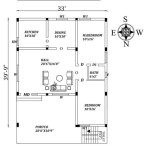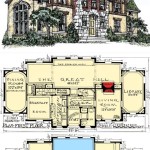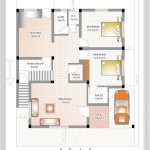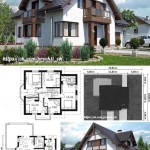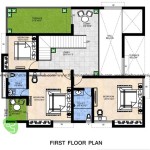Essential Aspects of Low-Cost Housing Plan
Affordable housing is a crucial concern that affects countless individuals and families worldwide. Low-cost housing plans play a pivotal role in addressing this issue by providing accessible and decent shelter to those in need. These plans encompass a wide range of considerations, including affordability, design, sustainability, and socio-economic factors.
Affordability
Affordability is paramount in low-cost housing plans. The cost of housing should not place an undue burden on households, particularly those with limited income. Various strategies can be employed to enhance affordability, such as subsidies, tax incentives, and partnerships with non-profit organizations.
Design
Low-cost housing should not compromise on design and livability. It should meet basic standards of space, ventilation, and natural light. Architects and designers have a responsibility to create innovative and efficient designs that optimize space while ensuring comfort and well-being.
Sustainability
Sustainability is an integral aspect of low-cost housing. Buildings should be designed and constructed to minimize their environmental impact. This includes incorporating energy-efficient appliances, utilizing renewable energy sources, and promoting water conservation. Sustainable practices not only reduce operating costs for residents but also contribute to a healthier environment.
Socio-economic Factors
Low-cost housing plans should consider the socio-economic context in which they are implemented. Factors such as income distribution, employment opportunities, and access to essential services should be taken into account. Community engagement is crucial to ensure that housing developments align with the needs and aspirations of the residents.
Construction Techniques
Innovative construction techniques can significantly lower the cost of housing without sacrificing quality. Prefabrication, modular construction, and the use of sustainable materials can streamline the building process and reduce material waste. These techniques also enable mass production, which can further reduce costs.
Land Acquisition
Land acquisition is often a major challenge in low-cost housing projects. Partnerships with government agencies, non-profit organizations, and private landowners can facilitate the identification and acquisition of suitable land at reasonable prices. Exploring alternative land tenure options, such as community land trusts, can also enhance affordability.
Financing
Financing plays a crucial role in the success of low-cost housing plans. Government subsidies, low-interest loans, and rent-to-own schemes can make housing more accessible for low-income families. Additionally, public-private partnerships and innovative financing models can attract private capital to support affordable housing initiatives.

Low Cost Cer Housing House Plans Floor

Plan 1092 National Affordable Housing Network

Thoughtful Design Can Create High Quality Affordable Multifamily Housing Joint Center For Studies

Plan 1092 National Affordable Housing Network

Columbia Affordable Housing Development Floor Plan Dwg File Cadbull

James Hardie Es Inc

Low Cost House Design Housing Floor Plan

Demonstration Houses And Masterplan For Aranya Community Aζ South Asia

Rafael Floor Plan Low Cost Housing In Granville Crest Davao City Property Com Subdivisions Iniums Gethome Ph

Floor Plan Tulip Affordable Low Cost Housing At Apo Highlands Subdivision Catalunan Grande Davao City Property Com Subdivisions Iniums Gethome Ph


